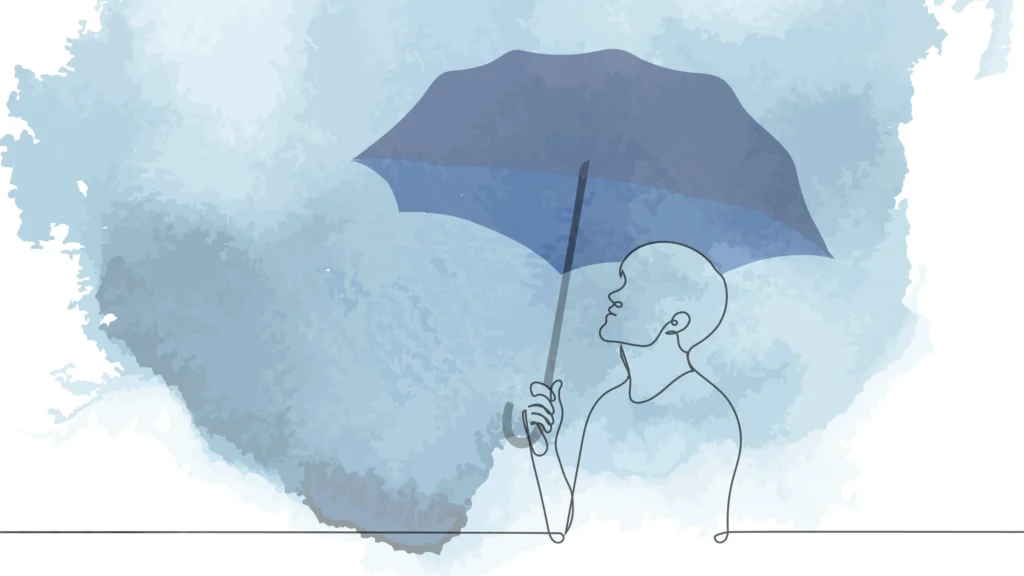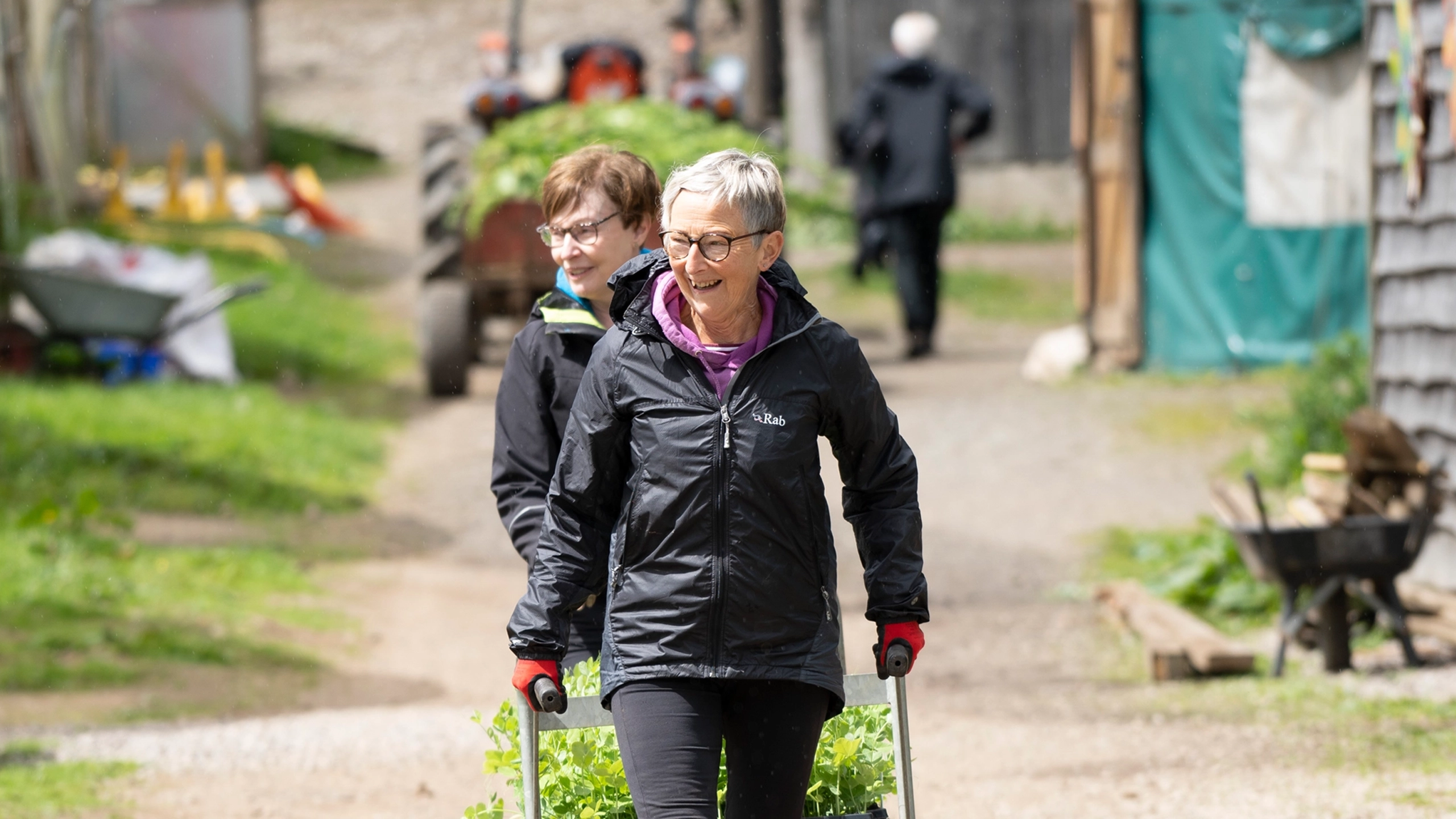
Burnout is about more than executive stress, it’s about biology – something scientist Dr Zoe Billings says we all need to discover – and the clue to better performance could be down to cortisol.
Dr Zoe Billings likens the human body to a car – if people understand how crucial oil is, for example, they’ll react quickly to a warning light or check the level regularly.
In human terms, that means understanding how the body physically responds when the stress hormones are present for too long, so they can recognise and react quickly before it impacts on their performance and mental health.
Zoe has a PhD in biology, so the science is ingrained, but she also spent nearly two decades as a senior police officer. She and her colleagues dealt with some of Yorkshire’s most traumatic road traffic fatalities, so she knows plenty about workplace stress too Now she’s a partner at the Adapt and Evolve consultancy, specialising in biological wellbeing, leadership and performance, psychological safety and resilience. She says her passion is helping people recognise and manage the biological impacts of chronic stress and it makes business sense as it impacts the health of you and your workforce and affects your company’s bottom line.
“If you teach people about the body and how absolutely awesome it is they will relate to it more,” says Zoe. “Today, a lot of talk of wellbeing is around mental health, but let’s look at this differently.
“Don’t focus solely on mental health – we are genetically programmed to think we are alright until we are not. Old school biology, the same pathway that existed in dinosaurs, is how we keep going, but your body starts giving you signals and you need to deal with those.”

Double edge sword of stress and health
Zoe says an overworked, stressed, tired body will display physical symptoms that something isn’t right. However, reading those signs accurately is key.
“You get bad guts and you think you must have a bug, but it could equally be that you’ve developed a temporary food intolerance,” she says. “This is cortisol shutting down your digestive system. The body doesn’t waste energy serving non- essential functions adequately, like the gastrointestinal, the immunological and the reproductive systems.
“Or you get blood in your urine. That too can be cortisol.”
Cortisol is a potent steroid hormone produced by the body’s adrenal glands – and it can be both a blessing and a curse.
Zoe adds: “If used as nature intended, in discreet amounts, it’s brilliant. It is anti-inflammatory and a painkiller in the animal world. When your sympathetic pathway is activated, cortisol is designed to enhance performance and increase your chances of survival.
“But, crucially, it is designed to be short lived. It peaks naturally. In the morning, it is what jerks you into consciousness. Lots of people say ‘I can’t function in the morning without coffee’ but cortisol will do that for you. Have a coffee later when your levels are declining.”
In her workshops, Zoe describes other musculoskeletal and cardiovascular symptoms to watch out for if your cortisol is out of control. However, she always advises an initial check by a GP if you do have worrying biological symptoms.
“If you’re tense, your tongue is welded to the roof of your mouth and your shoulders are ratcheting up,” she says. “You have lower back pain because it does not like being held in tension so you go out and get a special chair.
“You may have high blood pressure and you are at a higher risk of stomach complaints and ulcers as mucus which protects your stomach lining isn’t maintained when you are stressed.
Your brain and gut are connected.
“Then there is your immunology, and a risk of sexual dysfunction.
If you teach people about the body and how absolutely awesome it is they will relate to it more
The transformative power of the outdoors
“It’s fight or flight. All available blood goes to the muscular system and the body sees that as an acceptable trade off. In the short term it’s ok, but longer term it’s not. You need to focus on positive psychology and the art of reframing. Get a focus on the here and now.
“The people who are most successful are the people who have that. You need to strengthen your neural pathways. That’s how good habits are formed.”
One of those good habits Zoe advocates is getting outdoors. She practices what she preaches too – recently adding fell-running to her list of achievements, but also planting hundreds of trees on land at her Yorkshire home.
“Walking in nature has long been recognised as restorative for your wellbeing,” she says, “but it’s better than that. In 2020, the Nature journal published for the first time that the effect of being outdoors is a proven preventative for mental strain.
“The number of doctors prescribing going out in nature is rising. A walk after lunch aids digestion, a weekend walk can set you up for the week. But you have to be present, you have to pause and look at the landscape.
“You are in that moment – and this will be something that will increase your performance.”




